7 Common Monsoon Diseases In Pakistan – Causes, Symptoms & Prevention Tips
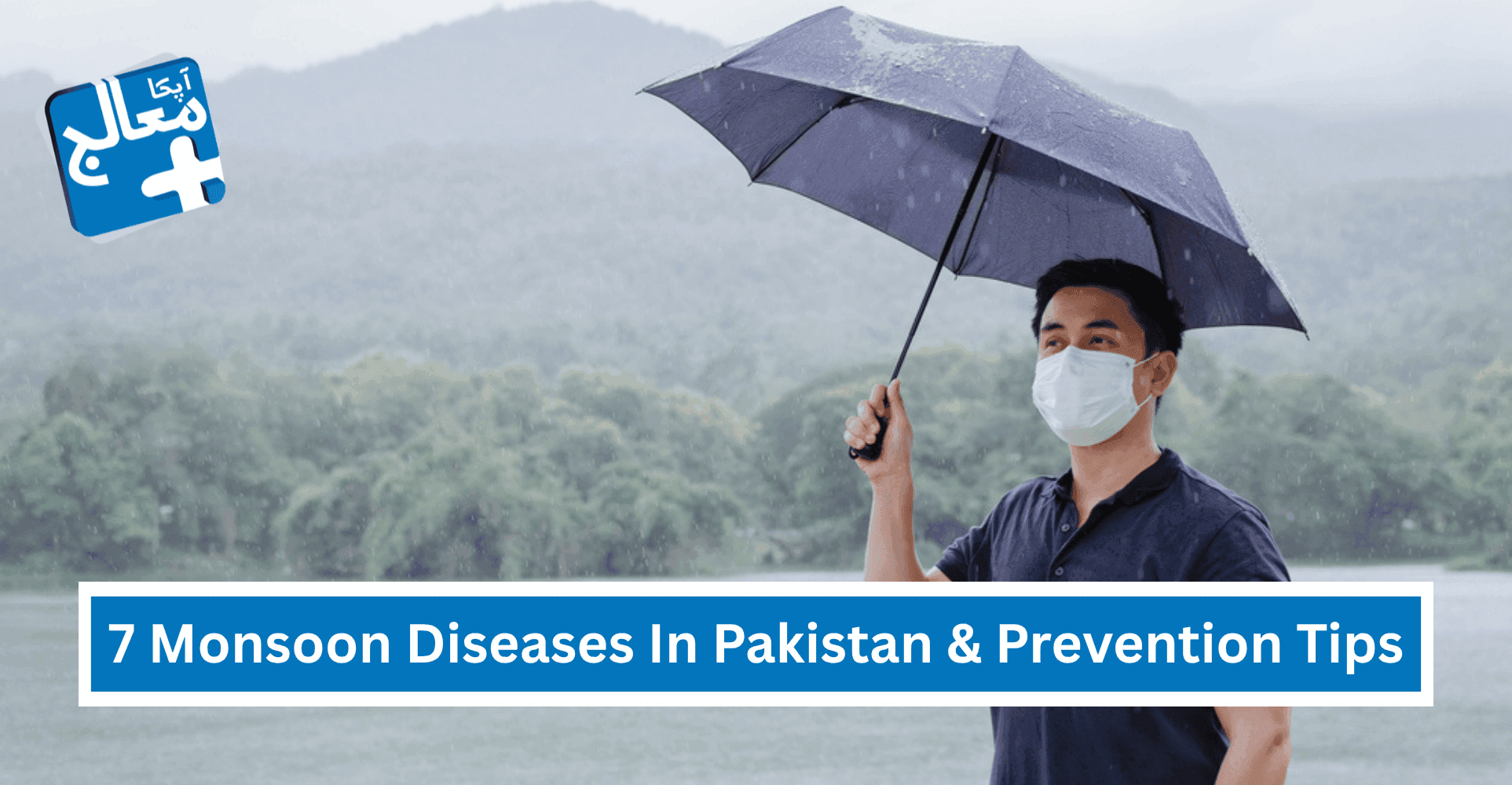
The monsoon season in Pakistan serves as a relief from the intense heat, as rainfall helps reduce the scorching summer temperatures. Along with cool breezes and a refreshing green environment, this season also becomes a cause of many diseases. During the monsoon, humidity levels rise, and due to poor sewage systems, water often accumulates in different places. These unhygienic conditions create an ideal environment for bacteria, viruses, and mosquitoes to breed, thereby increasing the likelihood of their spread. As a result, several seasonal diseases become common during this period.
In this blog, we will learn about the 7 most common monsoon diseases in Pakistan, the reasons behind their spread, and how they can be prevented.
You may also like to read: "What Is Wild Poliovirus Type 1 (WPV1) & Its Health Risks?"
Reasons for Monsoon Diseases in Pakistan
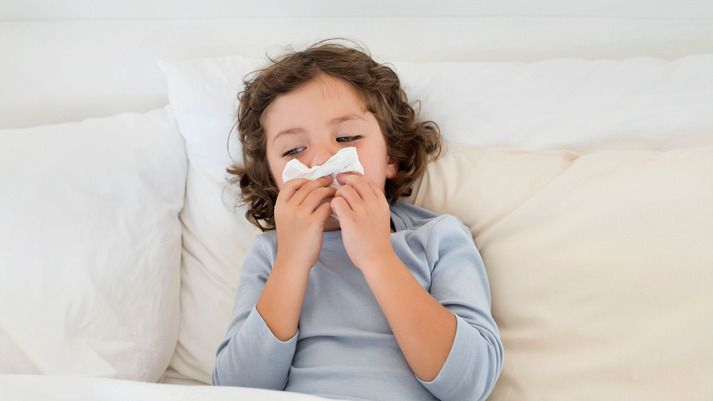
-
Stagnant water from heavy rainfall becomes a breeding ground for mosquitoes.
-
Unhygienic sanitation in urban areas leads to the spread of infections.
-
High humidity promotes bacterial and fungal growth.
-
A contaminated water supply often spreads waterborne diseases.
As Dr. Sania Nishtar (Physician & Former Senator of Pakistan) once highlighted:
“Public health during the monsoon is more about prevention than treatment—clean water, clean environment, and clean habits can save countless lives.”
7 Most Common Monsoon Diseases in Pakistan
Here are the 7 most common monsoon diseases in Pakistan & how to prevent them naturally.
1. Dengue Fever
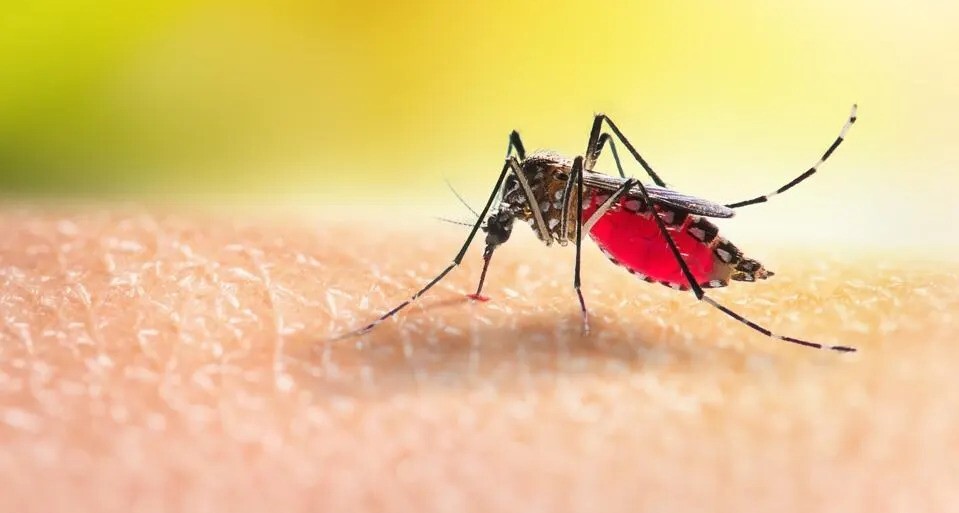
Dengue fever is a mosquito-borne viral infection that is transmitted through the bite of an infected Aedes aegypti or Aedes albopictus mosquito. It causes sudden high fever, severe headache, pain behind the eyes, muscle and joint pain (often called ‘breakbone fever’), rash, and sometimes mild bleeding symptoms such as gum or nose bleeding. This happens because the platelet count drops rapidly, which leads to bleeding and requires urgent medical attention.
Why Does It Spread in the Monsoon?
Stagnant water in pots, drains, or tires creates breeding spots for mosquitoes.
Prevention Tips:
-
Use neem oil or lemon eucalyptus oil as natural mosquito repellents.
-
Keep the surroundings dry and avoid water collection.
-
Drink papaya leaf juice or white pomegranate juice to boost platelet count (though not a substitute for medical care).
-
Use mosquito nets.
-
Wear full-sleeved clothing.
2. Malaria Fever
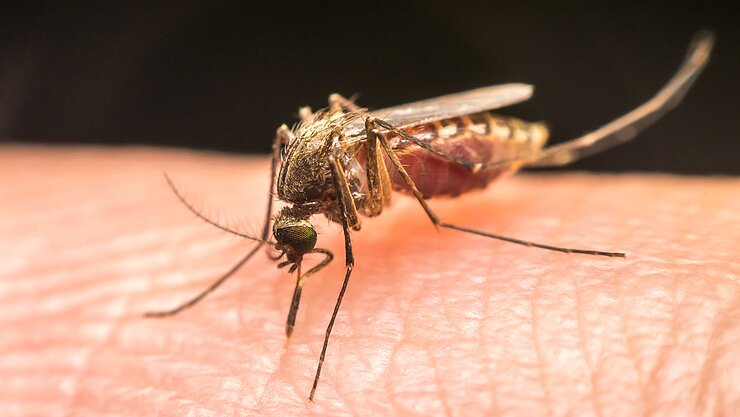
Malaria is a life-threatening disease caused by Plasmodium parasites, which are transmitted to humans through the bite of an infected female Anopheles mosquito. Once inside the body, the parasites travel to the liver, multiply, and then infect red blood cells, leading to cycles of fever, Chills and sweating, Headache, muscle pain and fatigue, nausea and vomiting. In severe cases: anemia, organ failure, or cerebral malaria
Why Does It Spread in the Monsoon?
Mosquitoes multiply quickly in wet conditions because stagnant water provides the perfect breeding ground for their eggs.
Prevention Tips:
-
Sleep under mosquito nets.
-
Add tulsi (holy basil) leaves to tea; studies suggest it may enhance immunity.
-
Burn camphor or neem leaves to repel mosquitoes indoors.
3. Typhoid Fever

Typhoid fever is a bacterial infection caused by Salmonella Typhi. It spreads mainly through contaminated food, water, or close contact with an infected person. It causes prolonged high fever, headache, abdominal pain, loss of appetite, constipation or diarrhea, weakness, and fatigue.
Why Does It Spread in the Monsoon?
Flooding often contaminates drinking water sources.
Prevention tips:
-
Drink boiled or filtered water.
-
Add ginger and turmeric to your diet for natural antibacterial support.
-
Eat homemade meals and avoid street food during the rainy season.
-
Wash your hands with soap or neem-based natural cleansers before eating.
-
Add yogurt, lassi, or kefir to your diet to maintain healthy gut bacteria.
4. Cholera
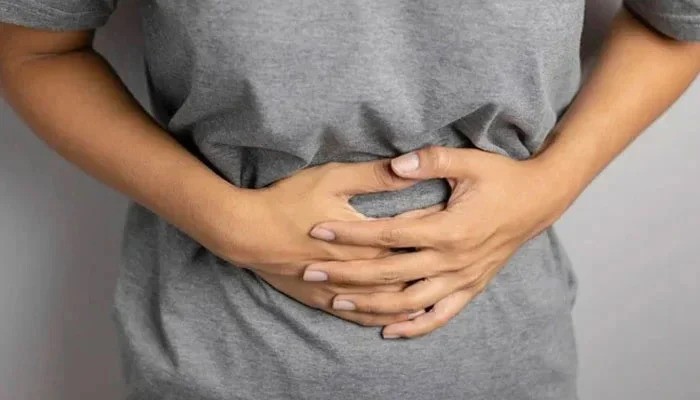
Cholera is a severe waterborne bacterial disease caused by Vibrio cholerae. It spreads through contaminated food and water, especially in areas with poor sanitation and unsafe drinking water. It is characterized by watery diarrhea, Severe dehydration, vomiting, rapid heartbeat, muscle cramps, and weakness. If untreated, it can lead to shock and even death within hours.
Why Does It Spread in the Monsoon?
Floodwater mixing with sewage leads to contaminated drinking water.
Natural Prevention Tips:
-
Drink ORS (Oral Rehydration Solution) with salt, sugar, and clean water to prevent dehydration.
-
Always use boiled, filtered, or bottled water.
-
Consume probiotic yogurt to improve gut health.
-
Wash vegetables and fruits with vinegar water.
-
Eat garlic, ginger, turmeric, and honey for their natural antibacterial properties.
5. Hepatitis A & E

Hepatitis A and Hepatitis E are viral infections of the liver that usually spread through the fecal-oral route, meaning by consuming contaminated food or water. Its symptoms include fatigue, nausea, abdominal pain, jaundice (yellowing of skin/eyes), and loss of appetite. It is usually acute and self-limiting.
Why Does It Spread in the Monsoon?
Increased sewage contamination during floods.
Natural Prevention Tips:
-
Strengthen immunity with fresh fruits like oranges, guava, and papaya.
-
Use lemon juice and mint to aid liver detoxification.
-
Always wash your hands properly before eating.
-
Always drink boiled water, eat hygienic food, and always wash your hands before eating and after using the toilet.
6. Diarrhea & Gastroenteritis

Diarrhea is a condition in which a person passes loose or watery stools three or more times a day. It is often a symptom of an infection, food intolerance, or contaminated water/food.
Gastroenteritis (commonly called the stomach flu) is an inflammation of the stomach and intestines, usually caused by viruses, bacteria, or parasites. It leads to diarrhea, vomiting, stomach cramps, fever, and nausea.
Why Does It Spread in the Monsoon?
Bacterial and viral contamination in food and water.
Natural Prevention Tips:
-
Drink ginger tea to ease stomach upset.
-
Take banana and rice (BRAT diet) to reduce diarrhea.
-
Avoid cold, unhygienic drinks sold on the streets.
-
Eat ginger, garlic, turmeric, and honey for their antimicrobial properties.
-
Include Vitamin C-rich fruits like guava, oranges, and papaya to strengthen immunity.
7. Skin & Fungal Infections
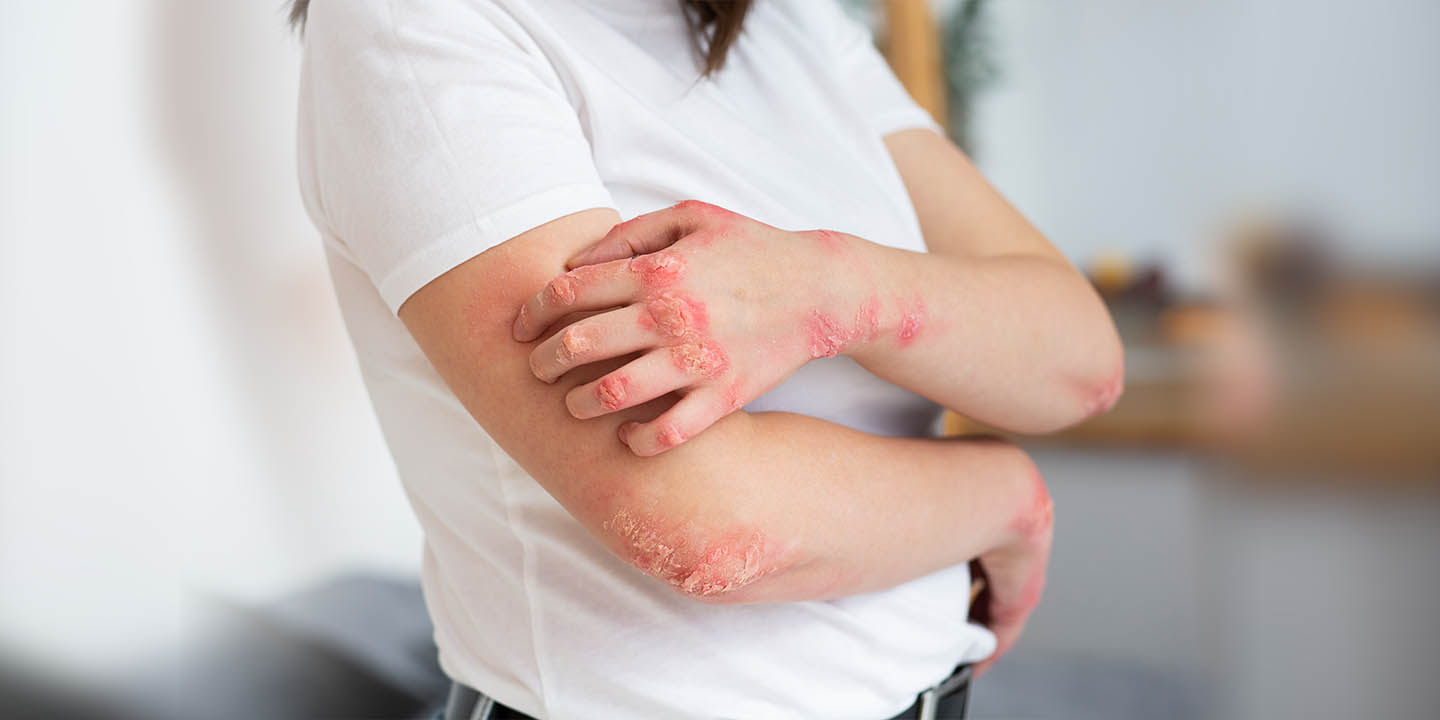
Skin infections are conditions where bacteria, viruses, parasites, or fungi invade the skin, causing redness, rashes, itching, or swelling. During the monsoon season, the warm and humid environment makes the skin more vulnerable to infections.
Fungal infections are a specific type of skin infection caused by fungi. They thrive in moist, sweaty, and humid conditions, which is why they are very common in the rainy season. It causes Ringworm, which leads to red circular itchy patches. Athlete’s Foot causes itching and burning between toes. Candida affects skin folds, the mouth, or the genitals. Nail Fungus results in thick, brittle, discolored nails.
Why Does It Spread in the Monsoon?
Constant wet clothes and humidity encourage fungal growth.
Natural Prevention Tips:
-
Apply neem paste or tea tree oil on infected skin.
-
Keep skin dry and wear cotton clothes.
-
Bathe with antiseptic neem water regularly.
-
Wear Breathable Clothing
-
Apply fresh aloe vera to soothe itching and irritation.
Also read: "Chicken Pox: Meaning in Urdu, Causes, Symptoms, and Best Treatment Options"
Final Thoughts
The monsoon season is both a blessing and a challenge for Pakistan. While it nourishes the land, it also opens doors for several preventable diseases. With simple hygiene practices, natural remedies, and awareness, you can protect yourself and your loved ones.
As the WHO emphasizes:
“Health security during seasonal changes depends not on medicines alone but on awareness and preventive action.”
If you want to learn more about infectious diseases or seek professional consultation regarding them, choose the best general physician or infectious diseases specialist near you through Apka Muaalij, the no.1 telehealth platform in Pakistan. To consult with certified and top doctors, dial 0423-2377001 today!
You can also learn: "How to Control High Blood Pressure: 7 Useful Tips & Treatment"
Frequently Asked Questions (FAQs)
Can herbal teas help with monsoon illnesses?
Yes, ginger and tulsi tea improve immunity.
Is it safe to bathe in the rain?
Occasionally, yes, but avoid dirty water to prevent infections.
What is the best immunity booster in the monsoon?
Fresh fruits, ginger, garlic, and turmeric are natural boosters.
Which fruits are best for immunity in the monsoon?
Guava, papaya, oranges, lemon, and pomegranate help strengthen immunity.
How can I protect children from monsoon diseases?
Give them boiled water, home-cooked meals, and make sure they use mosquito nets and wear full-sleeved clothes.
Which is the most dangerous monsoon disease?
Dengue fever is considered the most dangerous as it can cause a rapid drop in platelets and may be life-threatening.
Can dengue and malaria occur together?
Yes, though rare, both infections can coexist as they are spread by different mosquitoes.

Dr. Bisma Shehzadi
Dr. Bisma Shehzadi, Pharm.D, RPh, is working as a professional seasoned content writer with 4 years of experience in healthcare and wellness writing. With a strong pharmaceutical background and clinical knowledge, she creates research-driven, search-optimized articles that simplify complex medical topics. Her writing enables her to craft content that educates, promotes wellness, and supports healthcare initiatives among online users and readers.